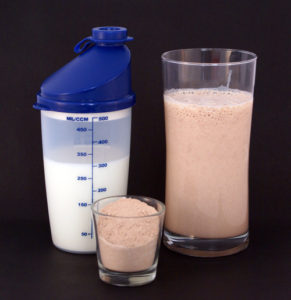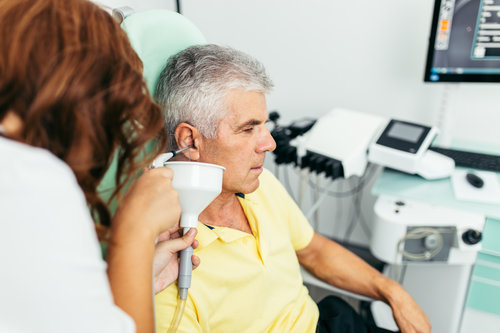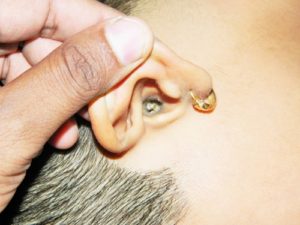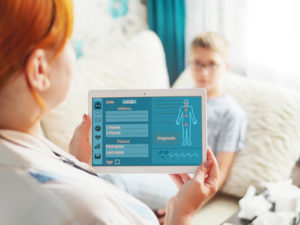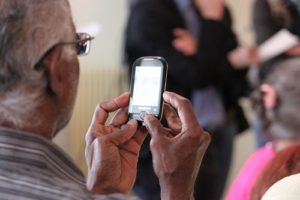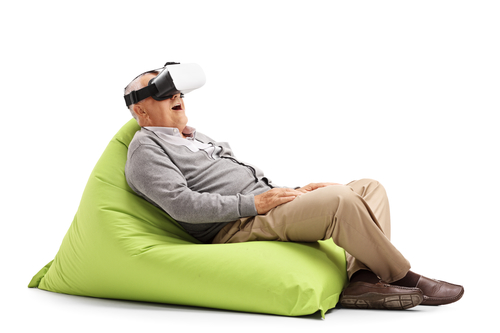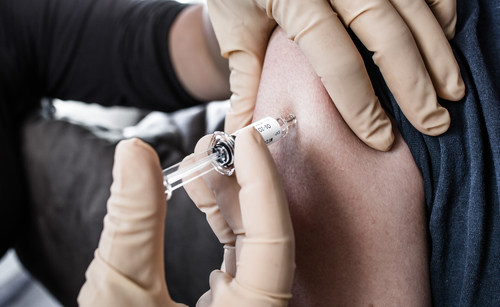Did you know that adults age 50 and over create 7.6 trillion dollars in economic activity? That number will grow even bigger as the number of adults doubles by 2050. The active aging industry wants to help older adults age gracefully.

Active Aging Industry is Allowing People to Age Gracefully
What is the active aging industry? It’s a relatively new field that entrepreneurs are entering and creating products like safety and smart-living technology, better remote care systems, and health and fitness tech. Basically, it’s whatever seniors need to enjoy their lives to the fullest to the very end.
New startups are appearing every day.
Embodied Labs
Created in August 2016, Embodied Labs created a program that uses virtual reality headsets. When used, they offer simulations that show what it’s like to be an aging adult. Such situations include people facing macular degeneration, Alzheimer’s, and Parkinson’s disease.
Embodied Labs was created by Carrie Shaw, who cared for her mother after she was diagnosed with Alzheimer’s. She wanted a way to understand what her mother was going through. The simulations are meant to create more empathy among caregivers and family members.
Intuition Robotics
Intuition Robotics was established in 2016 to help people avoid loneliness and social isolation. Their first product is a robot ElliQ, which we’ve talked about before.
Ageless Innovation
Robotic pets have been popular for aging adults, and Ted Fischer noticed that while working for Hasbro. In 2018, he left and created Ageless Innovation to create robotic pets for seniors. Their goal is to make the pets seem as realistic as possible for their users.
Neuro Lab VR
Established in 2017, this company gives a virtual reality experience for older people going to physical therapy following a stroke, brain injury, or spinal cord injury.
Each experience is tailored to a patient’s needs and abilities. It records physiological and kinematic responses, quantifying the progress of the patient with scores and metrics over time.
Not just that, but it makes therapy fun and more like a game, therefore making it easier for patients to do full sessions.
Toi Labs
Who would have thought that the toilet could be improved upon? Apparently, founder Vik Kashyap did. He realized that what gets flushed away can help detect potential health problems. He created a toilet seat called TrueLoo.
It fits on any toilet and has sensors that can determine who the user is. It then scans the toilet bowl to figure out the size, color, consistency, and shape of bowel movements.
The information can be used to monitor health and can prevent hospital visits.
VitalTech
VitalTech is a cloud-based platform that improves health and wellness. It launched a new product in 2018 called VitalBand. It’s an emergency voice call-out and fall-detection watch. It can also track vital signs and physical activity.
Read more here.

